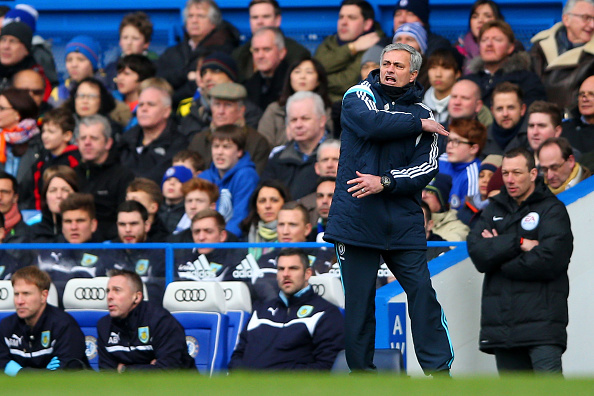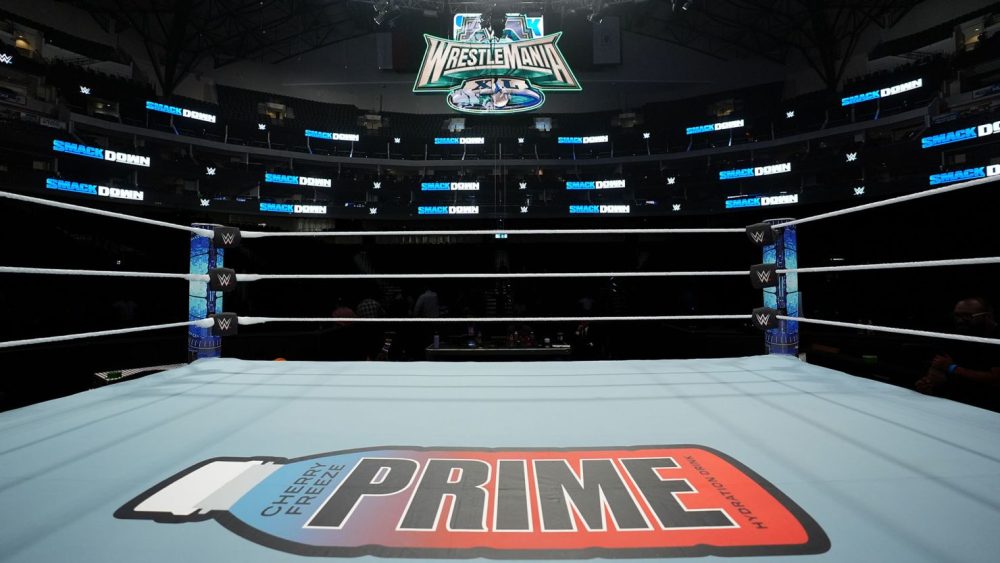A very interesting study has just been released and is the talk of the soccer world at the moment. Babatunde Buraimo from Liverpool and Rob Simmons from Lancaster Universities respectively published an academic paper entitled, “Uncertainty of Outcome or Star Quality? Television Audience Demand for English Premier League Football.”
The conclusion to the researchers’ results are that fans aren’t necessarily bothered by the lack of unpredictability and parity in the English Premier League. The EPL has had just six teams finish in the top four on the table the last 11 years (Arsenal, Chelsea, Liverpool, Manchester City, Manchester United, and Tottenham Hotspur). In the same timespan, just three teams have won the championship (Chelsea and the two Manchester teams). So quite honestly, EPL fans haven’t had much choice on the matter in recent years.
It represents an interesting dilemma in England and for the Premier League, as only a select few fanbases whose teams have exorbitant wages only have a real chance of winning. However, in spite of the lack of competition at the top, the broad appeal of the league (and broadcast rights and revenue) have never been higher. A recap via The Guardian:
In their latest work they found that TV audiences had changed. Until the 2002-03 season, if a match had a high level of uncertainty of outcome it would typically lead to bigger viewing figures. But by 2008 that effect could no longer be registered. Meanwhile over the same period, as a club’s wage bill increased compared to other teams, TV audiences for that club also increased.This means, as the authors put it: “The classic notion of a pure sporting contest in which the outcome is unpredictable has been replaced with one in which the preference is for sporting entertainment delivered by superstars.”
You might have your doubts. After all, isn’t it true that audiences have always been attracted to the biggest teams and names? Well, yes – but not entirely. As the authors note, the lowest live TV audience for a Premier League game was the 117,000 who watched Arsenal v Coventry in 2000. And, as Buraimo explains: “We controlled for the various identities of the clubs, so this notion of superstars being important to TV viewers is over and above the big four or five teams. We have identified an extra premium that drives up audiences which is over and above the actual identity of the clubs.”
What’s more, this newer audience for Premier League football “has an appreciation of football that is very different to the older audience that preferred a pure sporting contest”, according to Buraimo.
While this may present a bit of an internal struggle across the ocean, with fans having to accept the status quo of the haves and the have-nots, this research isn’t all that shocking to an American sports fan.
Look at the ratings for every sport not named the NFL – it’s the big markets and big stars that drive viewership numbers. It’s why the Sox and the Yanks are on national television 67 times a year, why the Cavaliers are suddenly a big ratings magnet with LeBron James again, even why the Blackhawks and Penguins are the biggest draws in hockey. We’re drawn to stars and name brands moreso than the competitive element.
Take the Players Championship for example: the finish yesterday featuring a fantastic win in a playoff by Rickie Fowler was the most entertaining tournament of the year with several golfers in contention down the stretch. From a pure competitive standpoint, it couldn’t be better. But the rating wasn’t anywhere near what it could have been with Tiger Woods on the leaderboard.
In a way, yes, it’s somewhat disheartening to know that we’ll likely never see the Norwiches and Swanseas of the world truly compete with Manchester City and Chelsea. It can grow wearisome to know that the same teams every year are the only ones that can compete for a championship and the Cinderella story is becoming more and more of a mythical fantasy, no matter the sport. But as far as widespread interest and viewership goes, it’s those top teams and brands and athletes that always have and always will move the needle.







Comments are closed.